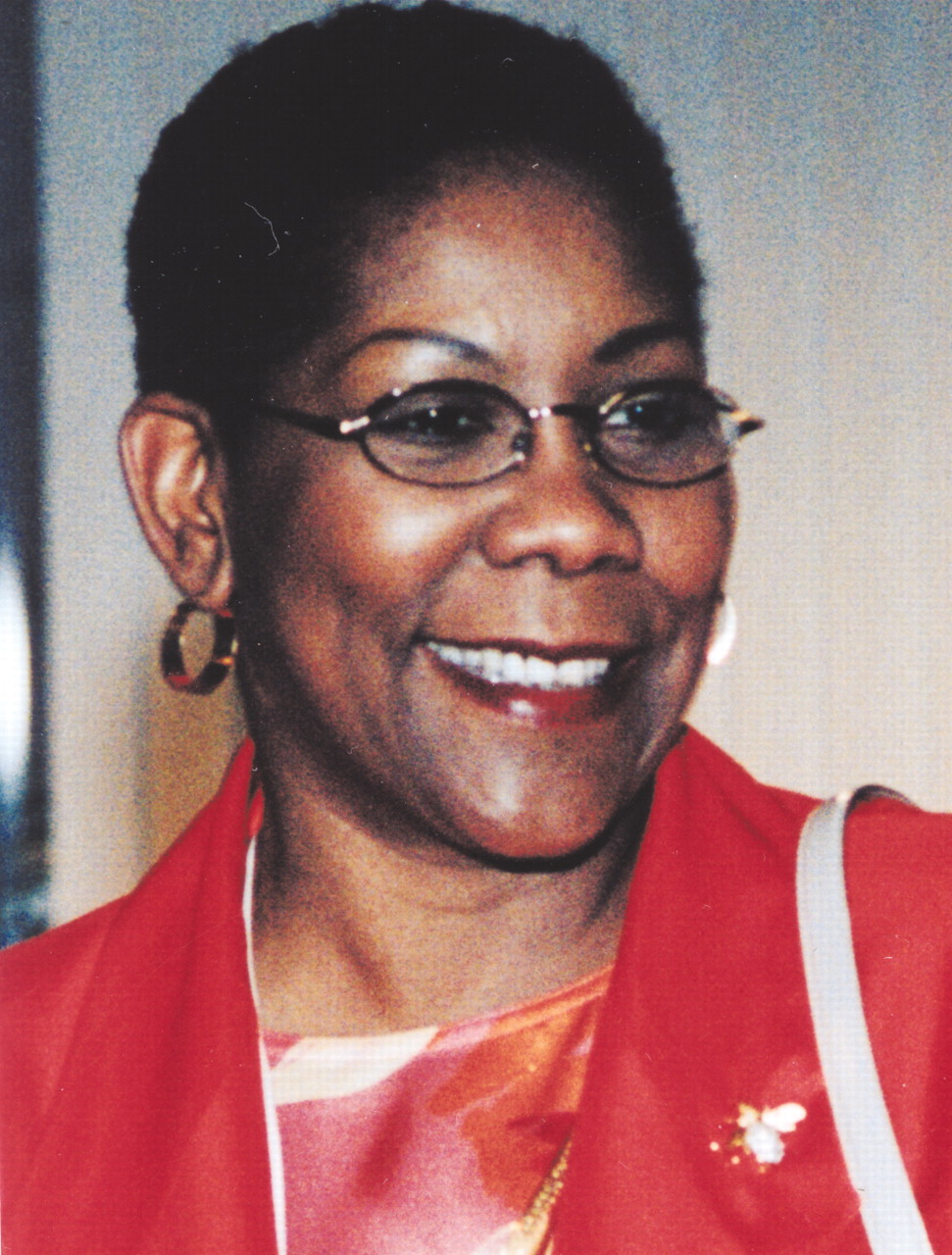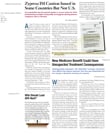While it is important for psychiatrists to understand the impact of a patient's culture on all aspects of treatment, including the therapeutic alliance, they must also try to avoid stereotyping patients based on their cultural backgrounds.
This was part of a message delivered to psychiatrists who attended the annual meeting of the American Association of Directors of Psychiatric Residency Training (AADPRT) in Tucson, Ariz., in March. Sadly, however, the primary messenger—a pioneer in the field of cultural psychiatry—passed away in July 2003 at age 54.
The clinical wisdom and cultural expertise of Irma Bland, M.D., has been preserved in the video “A Visit With Irma Bland, M.D.: Discussing the DSM-IV Outline for Cultural Formulation,” released in 2004 and produced and co-directed by Harriet Koskoff.
Bland was a clinical professor of psychiatry at Louisiana State University School of Medicine and regional administrator and CEO for Region One of the State of Louisiana Office of Mental Health.
In a workshop at the AADPRT meeting titled, “Cultural Competence in the Clinical Encounter,” Francis Lu, M.D., played the video for attendees.
Lu is a professor of clinical psychiatry at the University of California, San Francisco, and director of the Cultural Competence and Diversity Program in the psychiatry department at San Francisco General Hospital. He also co-directed the video.
Lu called the video interview “a courageous statement” since it came from a February 2001 interview conducted with Bland “after she was already ill.”
The video illustrates certain aspects of the “DSM-IV Outline for Cultural Formulation,” which addresses the following issues: a patient's cultural identity, cultural expressions and explanations of a patient's illness, cultural elements of the stressors and supports in a patient's environment, cultural elements in the relationship between patient and clinician, and overall cultural assessment for diagnosis and patient care.
Bland said in the video that the outline not only helps clinicians evaluate whether symptoms should be considered normal or pathological in the context of the patient's culture, but also “helps the clinician to understand the impact of the culture... in regard to the patient's responses to treatment.”
For instance, some aspects of a patient's culture can influence his or her compliance with treatment, she pointed out.
African Americans, for example, have a history of mistrust of the medical profession, Bland noted, which may be rooted in unethical medical studies such as the Tuskegee experiment, in which U.S. government officials denied treatment to hundreds of African-American men with syphilis.
As a result, African Americans experiencing psychic distress often turn first to “cultural healers” in the community, such as religious advisors, “because they may interpret their concerns to be related to some deficit in [the individual's] spirituality,” Bland said.
She added that clinicians should consider ways to incorporate these traditional healers into the treatment process to boost the likelihood that patients will comply with that treatment.
Bland pointed out that the clinician's and patient's coming from different cultural backgrounds “does not preclude the establishment of the therapeutic alliance.” However, she said, the difference in cultural backgrounds “does create a certain degree of social distance.”
She advised clinicians to “be aware and ready to acknowledge what differences do exist in order to give the patient the opportunity” to discuss those differences and clarify any misperceptions they may have about the clinician.
Lu, who served with Bland on the Group for the Advancement of Psychiatry's Cultural Psychiatry Committee, described her as “an extraordinarily gifted clinician who combined both psychoanalytic and cultural perspectives to improve the quality of care for underserved populations,” such as racial minorities and gay, lesbian, bisexual, and transgender individuals.
Those attending APA's annual meeting in Atlanta next month will have an opportunity to view the video. Lu will show it at the workshop “Cultural Competence in the Clinical Encounter: Irma Bland and Evelyn Lee” on Tuesday, May 24, at 9 a.m. in the Redwood Room of the Omni Hotel.
The Atlanta annual meeting will also be the setting for the presentation of the first annual Irma Bland Award for Excellence in Teaching Residents. APA will commemorate Bland's life and work by recognizing an APA member who has made outstanding contributions to psychiatry residency education.
The Irma Bland Award for Excellence in Teaching Residents will be presented on Sunday, May 22, at noon in International Rooms 5 and 6 at the Marriot Marquis.
“Irma demonstrated by personal example the living embodiment of a cultural psychiatrist who cared for the underserved in her roles as clinician, teacher, and administrator,” said Lu. “She remains an inspiration for all who knew her and, through the new APA award, for those who will come after.”
More information about the Irma Bland Award for Excellence in Teaching Residents is posted online at<www.psych.org/edu/blandaward.cfm>. Information about the video and how to purchase it is available from Harriet Koskoff at (415) 864-0927. ▪

